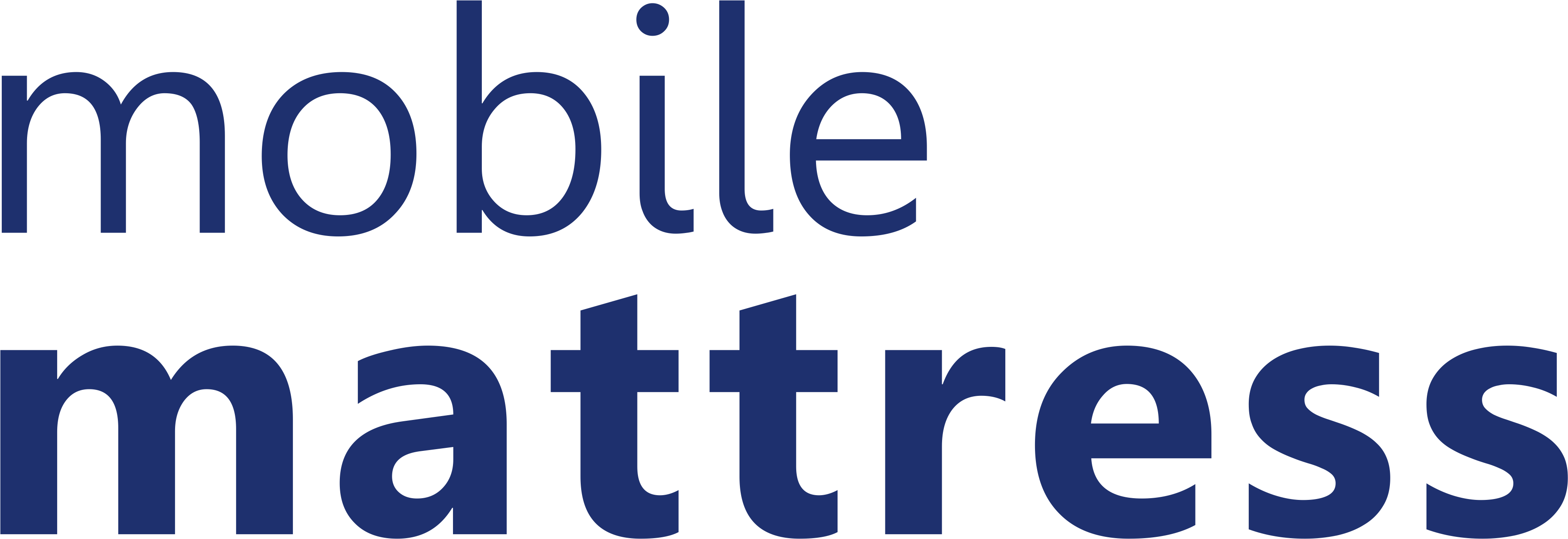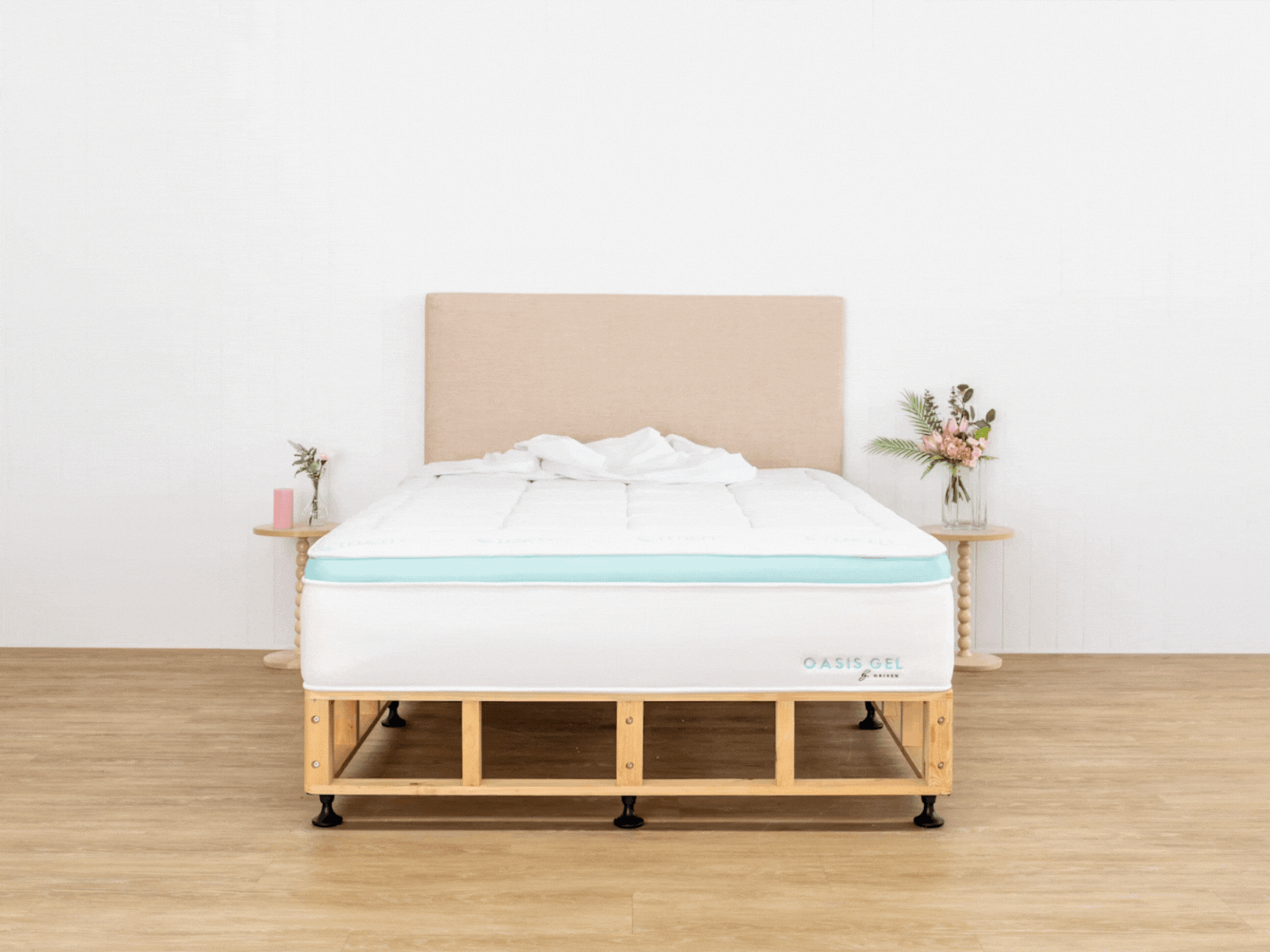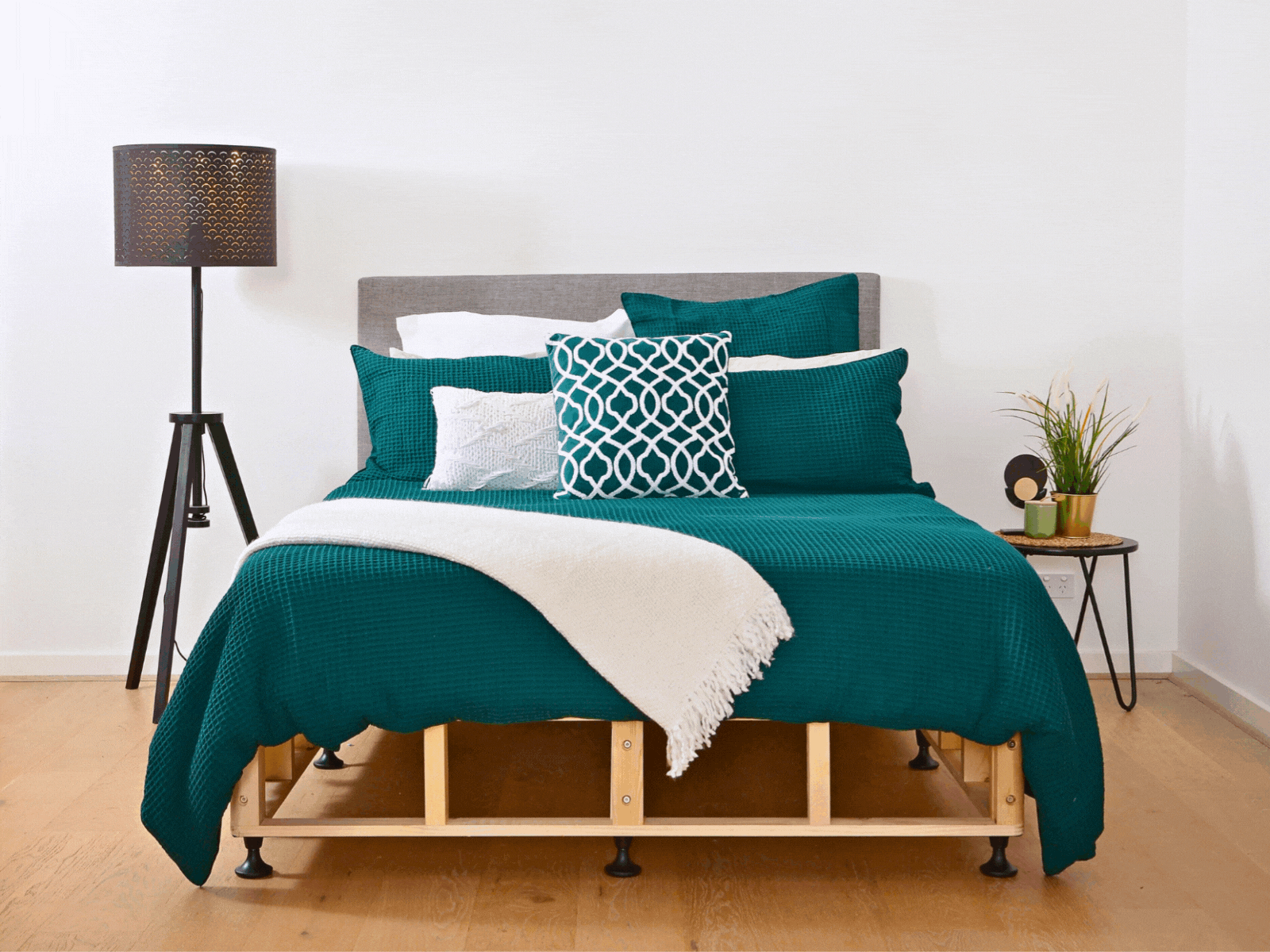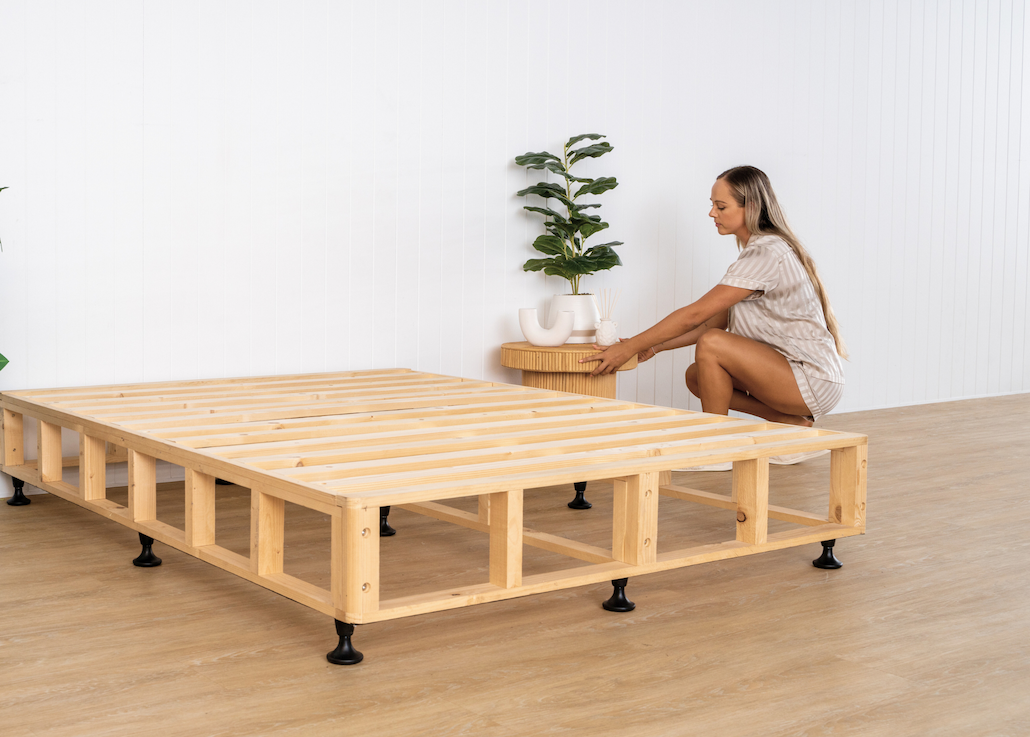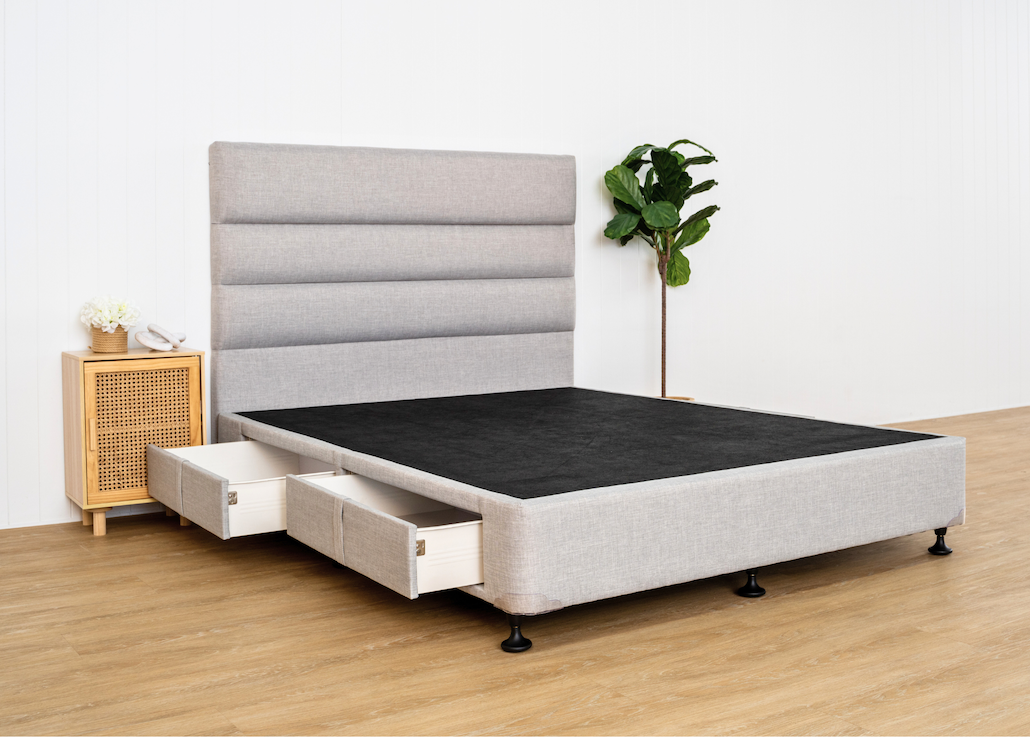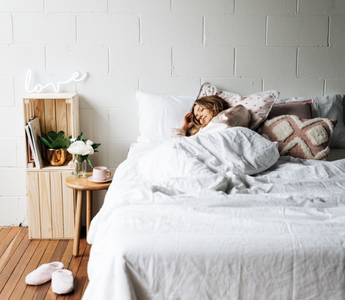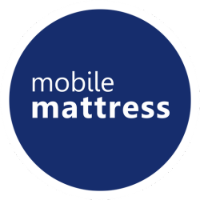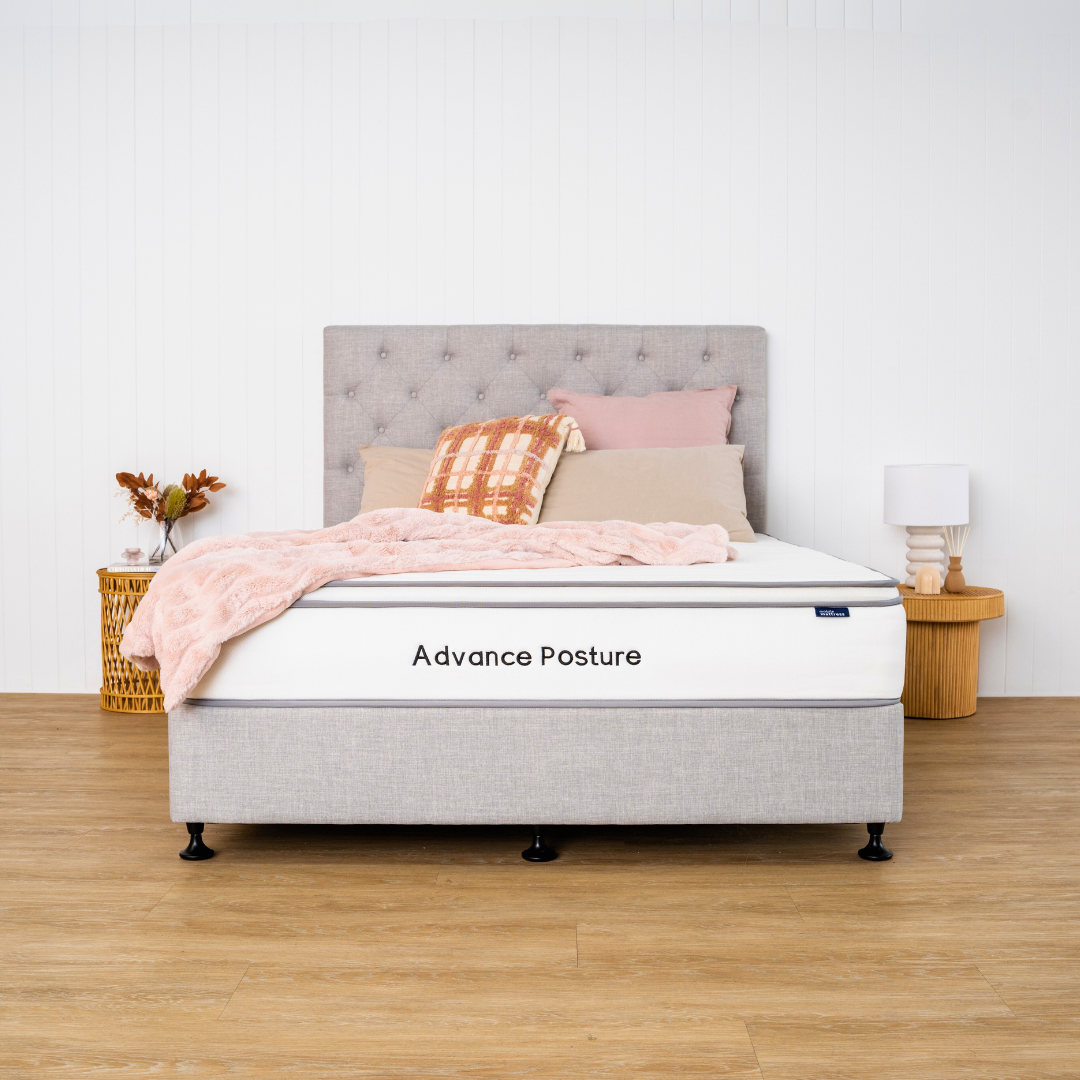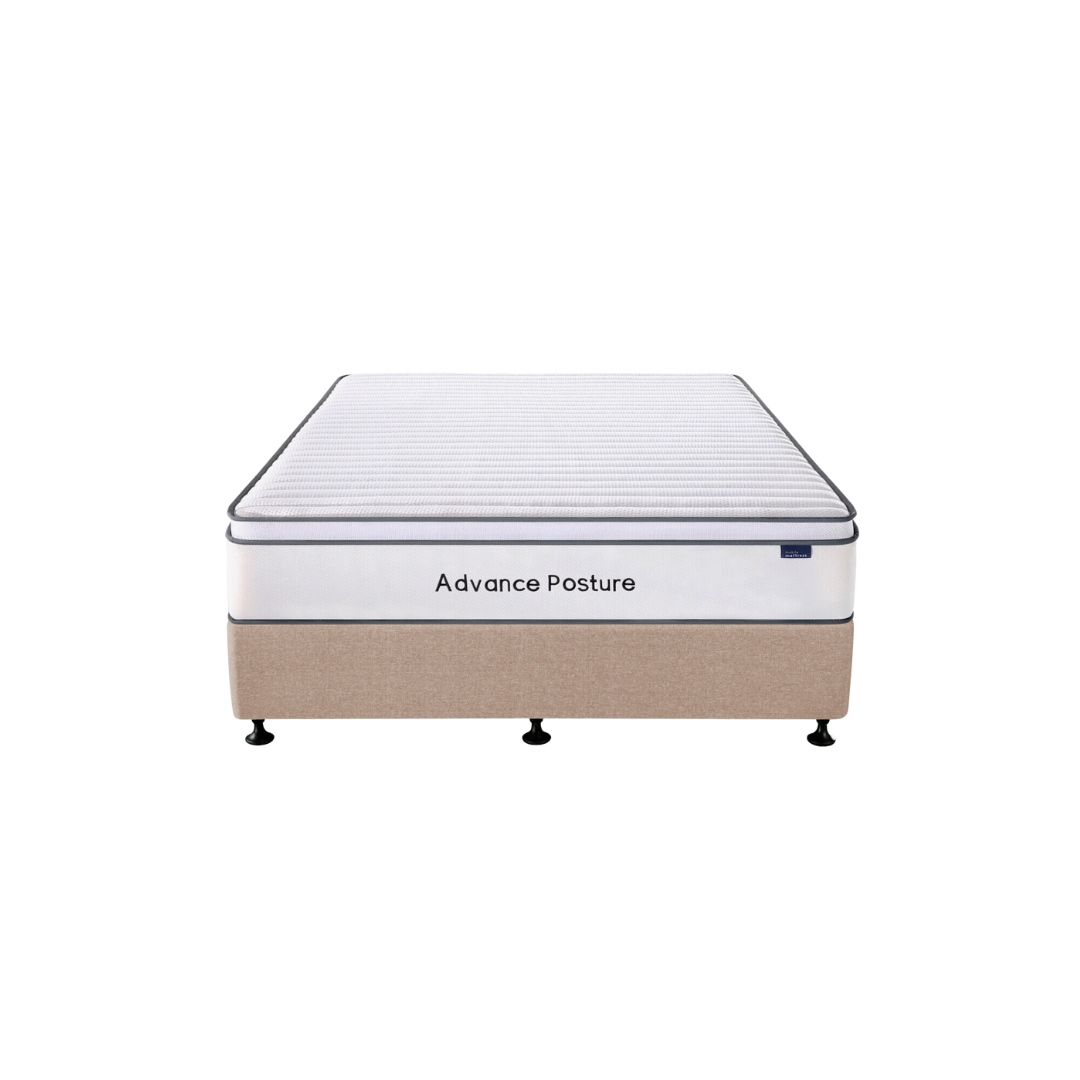National Nappying day sounds good to be true, Right?
As we continue to celebrate Sleep Awareness Month every year, we wanted to dive into naps and how they help (or harm!) our sleep cycles.
Most of us are not getting the right amount of rest. Whether we’re too busy working all hours of the night or binge-watching into the early morning hours, most adults fail to reach a full 8 hours of sleep, let alone partake in the joys of napping. But catching some midday shuteye can be quite beneficial for our health, both physically and mentally.
In honour of one of our favourite (obviously) times of the year, National Napping Day, this guide will give you a quick overview of what the holiday is and why we so desperately need it. Settle down and bundle up. It’s nap time, people.
National Nap Day, March 11th, falls the day after the return to help ease us back into a new time zone. The unofficial holiday started in 1999 when Camille and William Anthony, a professor at Boston University, wanted to help educate people about the importance of getting enough rest.
While we believe that a full eight hours of sleep is important to lead a healthy life, we know that not every night is going to be a win. Sometimes the baby wakes up sick, or an emergency at work pops up, or any number of daily happenings keeps us from getting eight consecutive hours.
Can napping help repair the damage done by missing out on a full night of sleep?

What do the experts say about napping?
Matthew Walker, PhD, author of “Why We Sleep” doesn’t seem to think that naps can do much to help you catch up on lost sleep; however, he cites a fascinating study that ended up creating one of our favourite concepts—the power nap. David Dinges and Dr Mark Rosekind set out to study the napping habits of long-haul pilots.
Landing planes on little sleep can be pretty dangerous, so the pair decided to find the optimal timing for a 40- to 120-minute “power nap” during long, transatlantic flights. They wanted to figure out which point within a 36-hour period was the perfect time to get a nap to avoid as many lapses in performance as possible. The results of the study tell us a lot about napping.
Pilots who took a quick nap at the start of their trip experienced fewer disruptions in their concentration. If the pilots waited to nap after the effects of sleep deprivation had already begun, they suffered more microsleeps toward the end of a flight. It boils down to prevention versus treatment—if you can front-load a sleepless night with a nap, you experience fewer consequences than if you start trying to triage the drag of sleep deprivation when it is already well underway.
While prevention is key, we know that you can’t accurately predict when your night is going to take a turn for the restless, but currently, “there is no scientific evidence we have suggesting that a drug, a device, or any amount of psychological willpower can replace sleep.”
Is Napping the best past-time or best form of rejuvenation for the mind & body? You be the judge.
